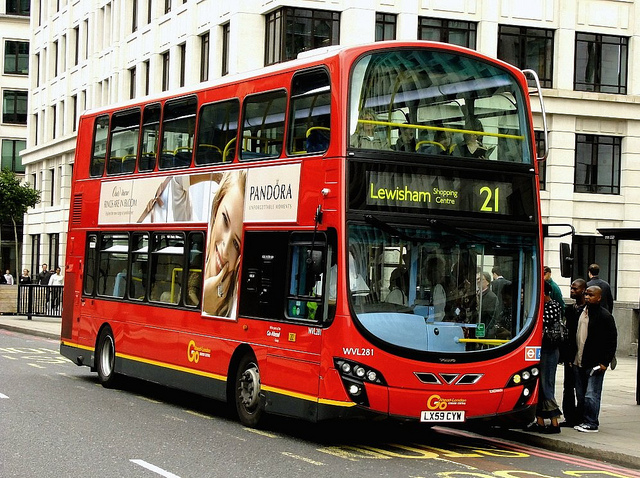The Australian government will legislate today to recommence the processing of asylum seekers in Nauru and Papua New Guinea. The opposition Coalition said it would support the legislation, dropping its earlier objections. Earlier today, at 9.30 a.m. Australian Eastern Standard Time, the Australian Prime Minister, Julia Gillard, made a formal request to the president of Nauru, Sprent Dabwido, for permission to reopen the asylum seeker processing centre on the island. The centre was closed in 2007 when the Labor government of Ms Gillard's predecessor Kevin Rudd came to power.
Topical:





